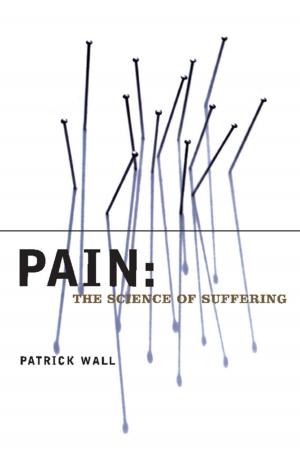Too Little, Too Late
The Quest to Resolve Sovereign Debt Crises
Business & Finance, Economics, Public Finance, Business Reference, Government & Business, Macroeconomics| Author: | ISBN: | 9780231542029 | |
| Publisher: | Columbia University Press | Publication: | May 10, 2016 |
| Imprint: | Columbia University Press | Language: | English |
| Author: | |
| ISBN: | 9780231542029 |
| Publisher: | Columbia University Press |
| Publication: | May 10, 2016 |
| Imprint: | Columbia University Press |
| Language: | English |
The current approach to resolving sovereign debt crises does not work: sovereign debt restructurings come too late and address too little. Though unresolved debt crises impose enormous costs on societies, many recent restructurings have not been deep enough to provide the conditions for economic recovery (as illustrated by the Greek debt restructuring of 2012). And if the debtor decides not to accept the terms demanded by the creditors, finalizing a restructuring can be slowed by legal challenges (as illustrated by the recent case of Argentina, deemed as "the trial of the century").
A fresh start for distressed debtors is a basic principle of a well-functioning market economy, yet there is no international bankruptcy framework for sovereign debts. While this problem is not new, the United Nations and the global community are now willing to do something about it. Providing guidance for those who intend to take up reform, this book assesses the relative merits of various debt-restructuring proposals, especially in relation to the main deficiencies of the current nonsystem. With contributions by leading academics and practitioners, Too Little, Too Late reflects the overwhelming consensus among specialists on the need to find workable solutions.
The current approach to resolving sovereign debt crises does not work: sovereign debt restructurings come too late and address too little. Though unresolved debt crises impose enormous costs on societies, many recent restructurings have not been deep enough to provide the conditions for economic recovery (as illustrated by the Greek debt restructuring of 2012). And if the debtor decides not to accept the terms demanded by the creditors, finalizing a restructuring can be slowed by legal challenges (as illustrated by the recent case of Argentina, deemed as "the trial of the century").
A fresh start for distressed debtors is a basic principle of a well-functioning market economy, yet there is no international bankruptcy framework for sovereign debts. While this problem is not new, the United Nations and the global community are now willing to do something about it. Providing guidance for those who intend to take up reform, this book assesses the relative merits of various debt-restructuring proposals, especially in relation to the main deficiencies of the current nonsystem. With contributions by leading academics and practitioners, Too Little, Too Late reflects the overwhelming consensus among specialists on the need to find workable solutions.















